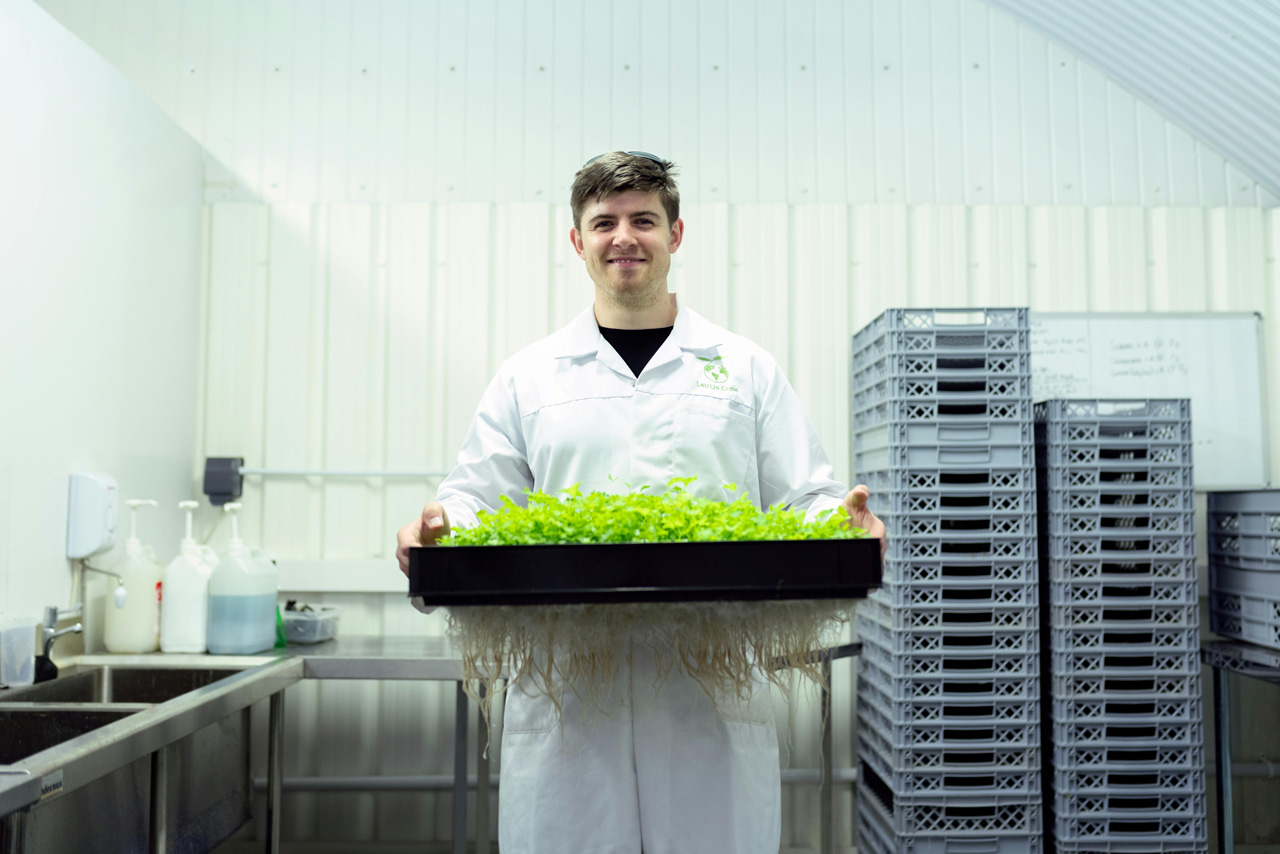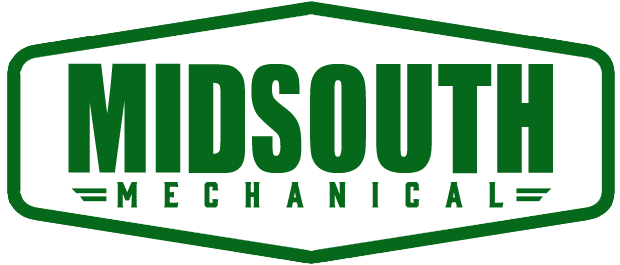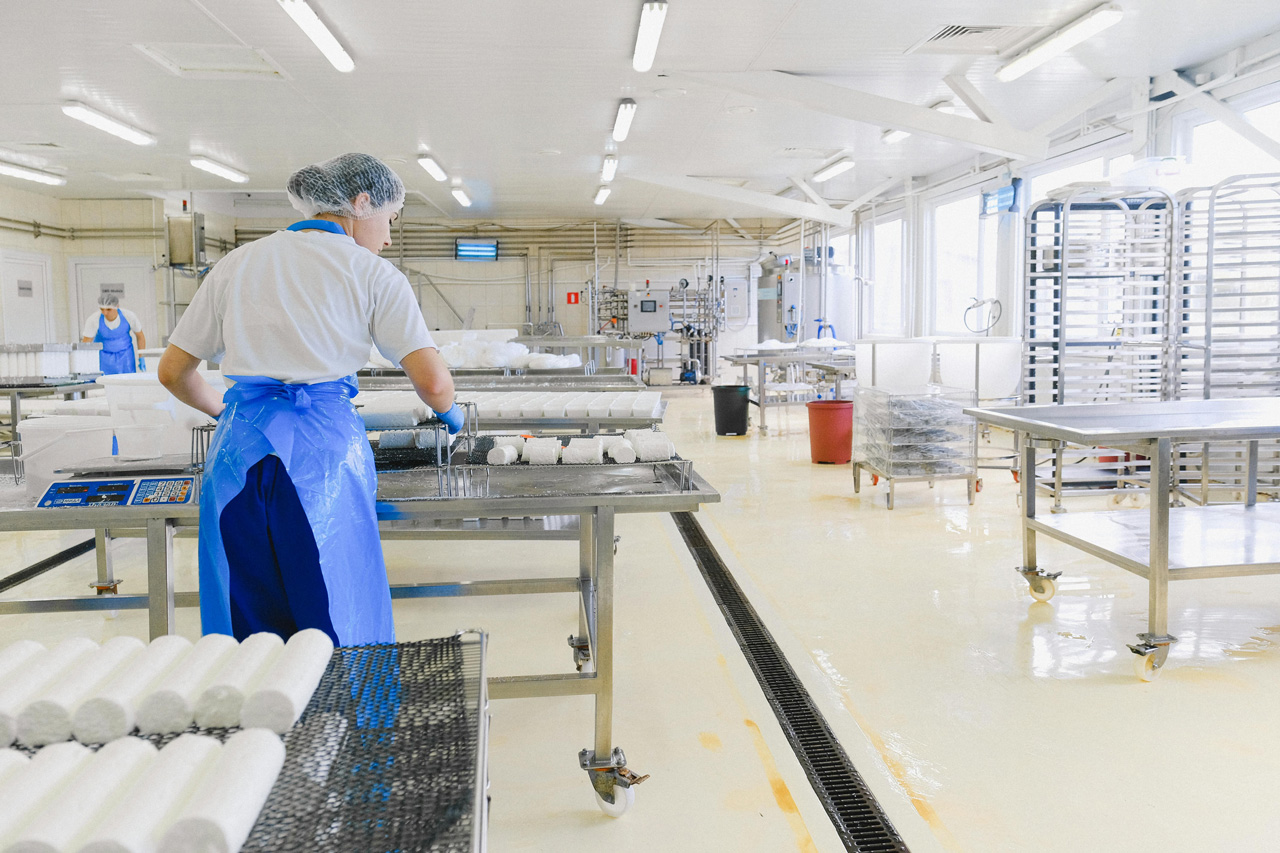The High Stakes of Energy Use in Food Processing
Energy efficiency isn’t just a buzzword in the food and beverage industry—it’s a critical factor in maintaining profitability, ensuring regulatory compliance, and supporting long-term sustainability goals. From refrigeration to process heating, food and beverage facilities rely heavily on mechanical systems that consume significant energy. Fortunately, strategic upgrades and optimizations can dramatically reduce consumption without compromising performance.
Why Energy Efficiency Matters
In an industry where margins are tight and operational costs are constantly scrutinized, improving energy efficiency offers a tangible return on investment. Rising energy prices, coupled with growing regulatory pressure and environmental responsibility, make it more important than ever for food processors and manufacturers to take a proactive approach.
Mechanical systems—especially HVAC, piping, and process equipment—are some of the largest energy consumers in a facility. Optimizing these systems not only leads to lower utility bills but also contributes to a smaller carbon footprint and enhanced equipment longevity.

Energy-Efficient HVAC Systems
Heating, ventilation, and air conditioning (HVAC) systems play a crucial role in maintaining environmental controls within food and beverage plants. However, outdated or improperly sized systems can be a major drain on energy.
Upgrading to high-efficiency HVAC units can reduce energy consumption by 20% or more. Variable speed fans and motors, energy recovery ventilators, and demand-controlled ventilation systems help further enhance efficiency. In addition to upgrades, proper maintenance—like regular filter replacements and coil cleaning—ensures systems operate at peak performance.
Process Piping Insulation
Many facilities overlook the importance of process piping insulation when it comes to energy savings. Insulated piping helps maintain the temperature of hot or chilled liquids as they move through a plant, reducing the need for additional heating or cooling.
Installing or upgrading insulation not only minimizes energy loss but also improves worker safety and reduces the risk of condensation-related contamination—critical in food-grade environments.

Smart Controls and Automation
Intelligent control systems allow facility managers to monitor and adjust equipment operation in real-time. Automation platforms can optimize system performance based on usage patterns, production schedules, and temperature or humidity setpoints.
From programmable thermostats to fully integrated building management systems (BMS), smart controls deliver consistent efficiency gains and allow for better predictive maintenance—helping prevent costly breakdowns before they happen.
A Sustainable Future Starts with Smarter Systems
By implementing energy-efficient mechanical systems, food and beverage manufacturers can lower operating costs, reduce environmental impact, and future-proof their operations against shifting regulations and market demands. Whether you’re upgrading HVAC systems, insulating process piping, or installing automated controls, the right mechanical contractor can make all the difference.
Looking to optimize your facility’s energy performance? At Midsouth Mechanical, we specialize in delivering sustainable, cost-effective mechanical solutions tailored for the food and beverage industry. Contact us today to learn more about how we can help you reduce energy use and boost operational efficiency.
Our team is here to help.
Contact a project manager today!


